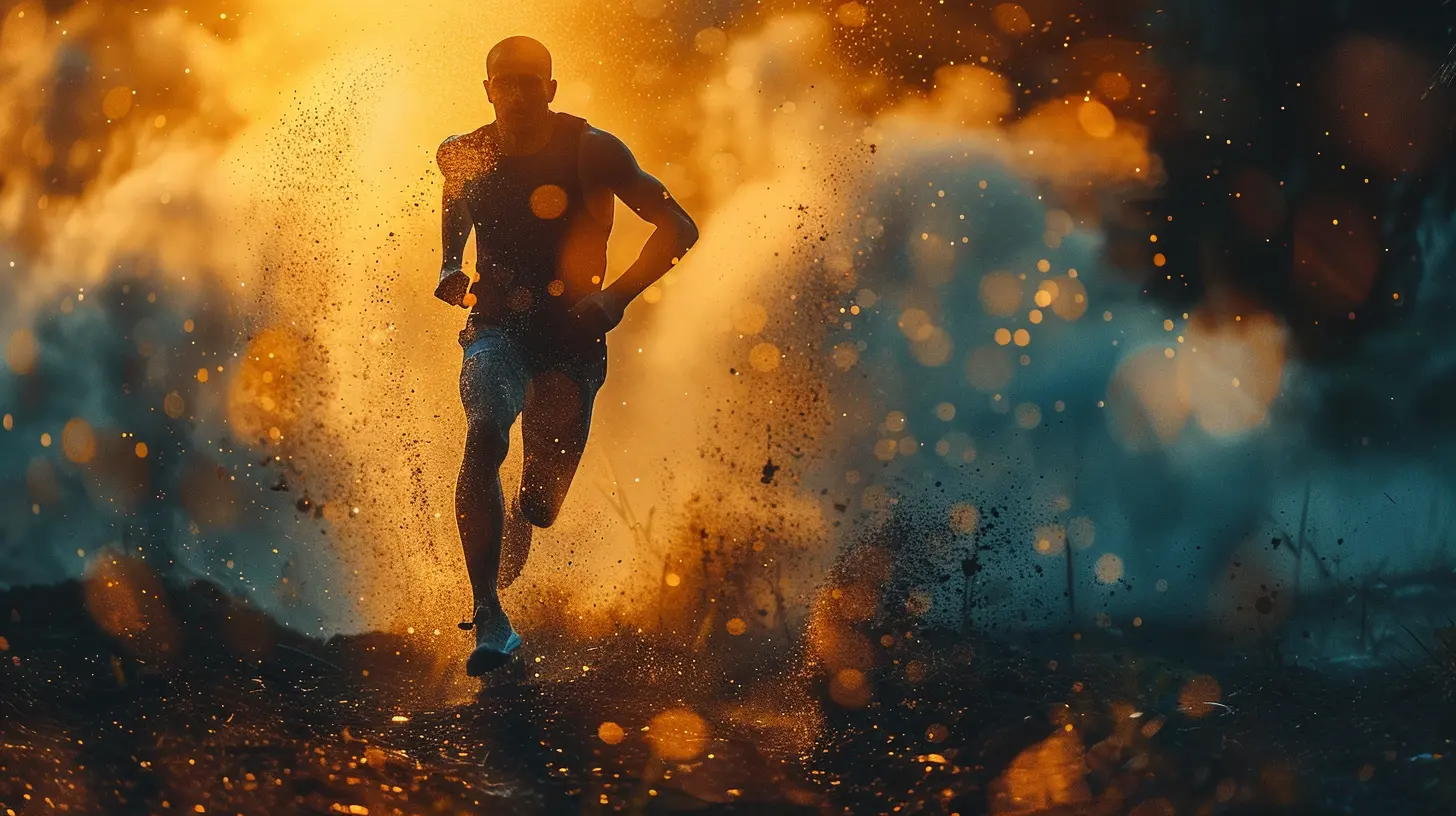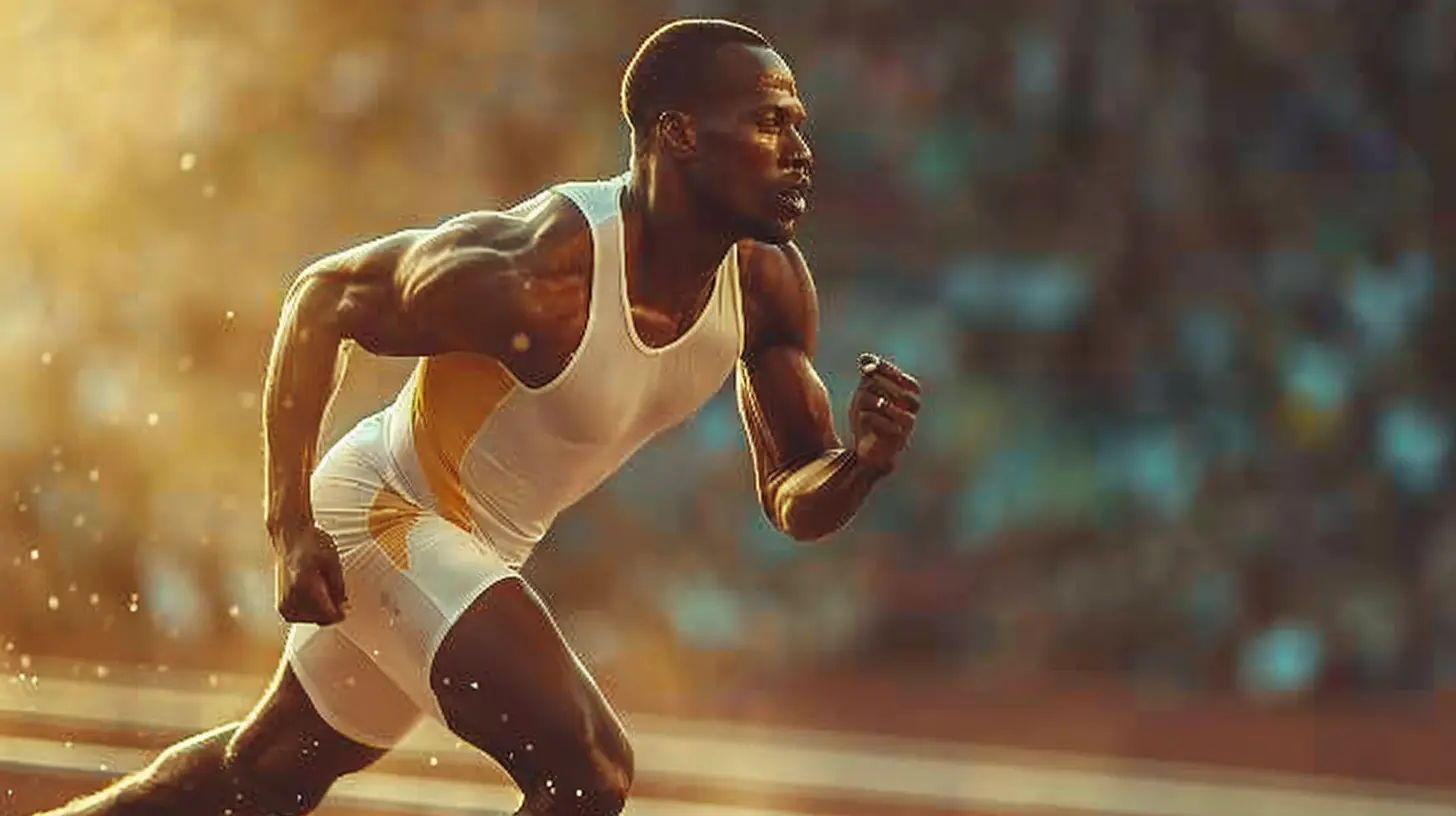How Documentaries Help Athletes Tell Their Own Stories
27 June 2025
Athletes are warriors. Not just of the field, the court, or the ring, but of life itself. They battle adversity, break records, and push beyond human limits. But behind every victory is a journey—one filled with struggle, sweat, and sacrifice.
For years, their stories were told by commentators, analysts, and journalists—filtered through the lenses of others. But now, documentaries have become their voice, their canvas, their truth.
So, how do documentaries help athletes tell their own stories? And why are we, as fans, so captivated by them? Let’s lace up and dive in.

The Power of Authentic Storytelling
Athletes are more than just stats and highlight reels. They are human, with dreams, fears, and hardships. Documentaries give them the platform to tell their truths in unfiltered, raw, and emotional detail.Think of Michael Jordan’s "The Last Dance." It wasn’t just about basketball—it was about leadership, pressure, and what it takes to be the greatest. It wasn’t just a documentary; it was a window into the soul of an icon.
Athletes often live behind a curtain of media narratives. But documentaries strip away the noise, allowing them to share their journeys in their own words.

A Deeper Connection with Fans
Fans see their heroes on game day, but what about the moments in between? The grueling training sessions. The sleepless nights. The self-doubt before stepping onto the grandest stage.Documentaries take fans beyond the stadium lights, offering a front-row seat to an athlete’s reality. This raw, behind-the-scenes access fosters a deeper connection—a bond forged by understanding and empathy.
When we see an athlete cry over an injury, struggle through recovery, or battle personal demons, we stop seeing them as superheroes. Instead, we recognize their humanity. And that, in turn, makes their triumphs even more inspiring.

Controlling the Narrative
For too long, the media shaped the perception of athletes. One bad game? He’s lost his edge. One outburst? He’s uncoachable. One controversy? He’s finished.But with documentaries, athletes reclaim their own stories. They present their side, their perspective. The world finally hears the unedited version, straight from the source.
Take Naomi Osaka’s Netflix documentary. The world saw her walk away from tennis, but few understood why. Through her own words, she shared her struggles with mental health, the pressure to perform, and the expectations placed upon her. Suddenly, she wasn't just a headline—she was a human being.

Addressing Social Issues and Advocacy
Athletes are more than just entertainers; they are influencers, role models, and, at times, revolutionaries.Documentaries give them a megaphone to speak on issues beyond their sport—racial injustice, mental health, gender equality, and more.
Think of Colin Kaepernick’s journey. His kneeling protest started a movement, but the media framed him as controversial. However, through his own storytelling, he was able to highlight the cause behind his actions, offering clarity to those willing to listen.
Sports are political, whether people like it or not. And documentaries allow athletes to use their platforms for change.
The Grit Behind the Glory
Winning is beautiful, but the road to victory is brutal. Documentaries show what fans rarely see—the blood, the tears, the endless hours in the gym, the defeats before the rise.Think of Tom Brady's "Man in the Arena." It wasn’t just about Super Bowls. It was about the setbacks, failures, and moments that almost broke him.
These films remind us that greatness isn’t gifted; it’s earned. And behind every champion is a relentless drive, fueled by pain and perseverance.
The Art of Legacy
Legacy isn’t built on trophies alone—it’s built on impact. And documentaries ensure that an athlete’s influence lasts beyond their playing days.Muhammad Ali, Kobe Bryant, Serena Williams—legends who continue to inspire, even after their final game. Through documentaries, their voices echo through time, allowing future generations to witness their greatness, beyond just statistics.
A New Era of Athlete-Driven Media
Gone are the days when an athlete had to wait for the media to tell their story. Now, they own the narrative.With streaming platforms booming, athletes are producing their own documentaries, partnering with filmmakers to create stories on their terms.
From LeBron James’ “More Than an Athlete” to Conor McGregor’s “Notorious,” we’re witnessing a shift—where athletes are no longer just subjects but storytellers.
Conclusion
Documentaries are more than entertainment. They’re truth-tellers, legacy-builders, and game-changers. They allow athletes to speak, to share, to connect.For fans, they provide a deeper appreciation—not just for the wins, but for the journey.
Because when the cameras roll, and the story unfolds, we aren’t just watching athletes. We’re witnessing history.
all images in this post were generated using AI tools
Category:
Sports DocumentariesAuthor:

Easton Simmons
Discussion
rate this article
1 comments
Regina Wilkerson
Great read! Inspiring stories through film!
July 7, 2025 at 2:56 AM

Easton Simmons
Thank you! I'm glad you found it inspiring!


